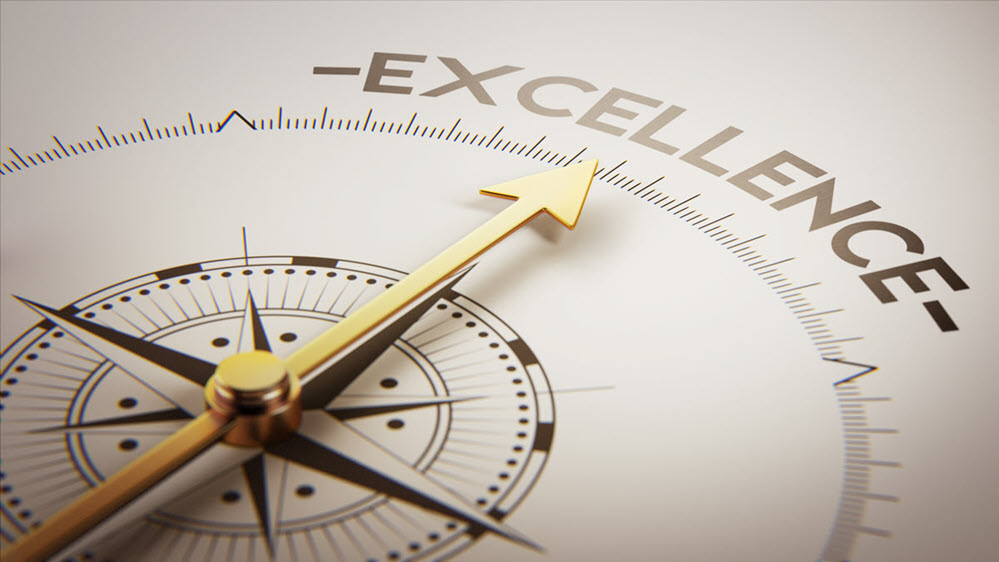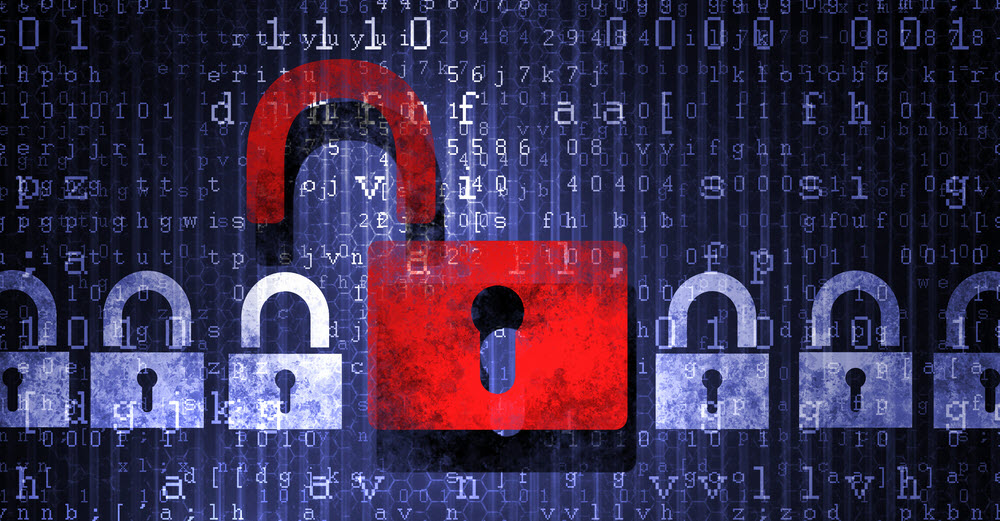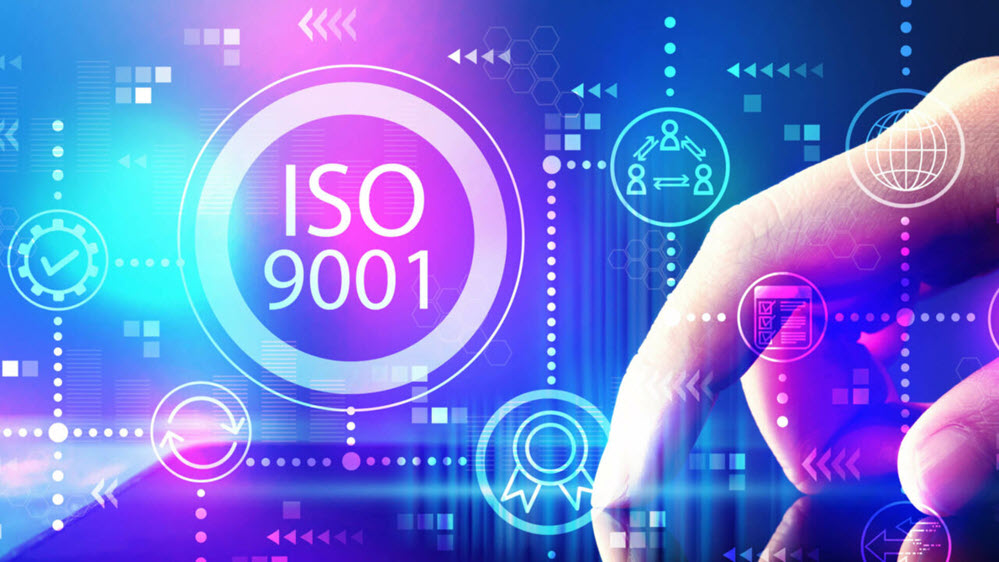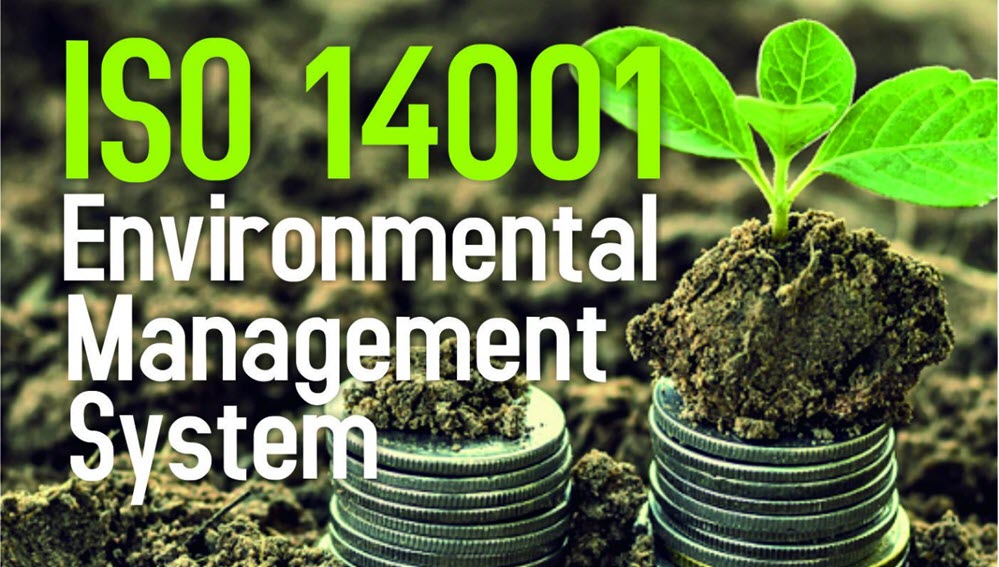EQMS Blog

What are the Benefits of Using Accredited Calibration
Calibration is the process of verifying and adjusting the accuracy of a measurement instrument to ensure that it provides consistent and reliable results. In many industries, calibration is critical to achieving quality, compliance, and safety objectives. This is a type of calibration that is performed by an accredited laboratory that meets the highest standards of quality and competence. In this article, we will explore the benefits of using accredited calibration.
Confidence in Measurement Results
One of the most significant benefits of using calibration that is accredited, is the confidence it provides in measurement results. This ensures that the measurement instrument is accurate, reliable, and consistent. Accredited laboratories follow strict procedures and use traceable reference standards to ensure that the measurement results are reliable and accurate. This confidence in measurement results is critical in industries where accuracy is essential, such as healthcare, pharmaceuticals and aerospace.
Compliance with Standards and Regulations
Having your calibration accredited is necessary for compliance with standards and regulations. Many industries have specific standards and regulations that require calibration of measurement instruments to ensure compliance with quality and safety requirements. For example, the ISO 9001 quality management system requires calibration of measurement instruments to ensure that they meet the quality requirements. Similarly, the FDA requires calibration of equipment used in the manufacture of medical devices to ensure compliance with regulatory requirements.
Cost Savings
Calibration that has been accredited can lead to cost savings in the long run. Calibration helps to reduce the risk of measurement errors, which can lead to costly mistakes and rework. In addition, accredited calibration can help to prolong the life of measurement instruments, reducing the need for frequent replacements. The cost savings can be significant, particularly in industries where measurement instruments are expensive or critical to operations.
Improved Customer Satisfaction
Having calibration that is accredited can help to improve customer satisfaction. In industries such as healthcare and pharmaceuticals, accuracy and reliability of measurement results are critical to patient safety and satisfaction. Accredited calibration ensures that the measurement instruments used in these industries are accurate, reliable consistent and improves the quality of service and customer satisfaction.
Enhanced Reputation
Calibration which is accredited can enhance the reputation of an organisation. Accreditation is a formal recognition of the competence and quality of an organisation’s calibration services. Accreditation demonstrates that an organisation meets the highest standards of quality and competence, enhancing its reputation and credibility. This can be particularly important for organisations that provide calibration services to external customers.
Access to Specialised Expertise
When calibration is accredited, it provides access to Specialised expertise. Accredited laboratories employ highly skilled and trained professionals who have expertise in calibration and measurement. These professionals have experience in calibrating a wide range of measurement instruments and can provide advice and guidance on the proper use and maintenance of these instruments. Access to this Specialised expertise can be invaluable in industries where accurate measurement is critical.
Improved Efficiency and Productivity
Getting your calibration accredited can improve efficiency and productivity. Calibration ensures that measurement instruments are accurate and reliable, reducing the risk of errors and the need for rework. This can help to improve the efficiency and productivity of operations, leading to cost savings and improved quality.
To get your calibration accredited is a complex process that requires Specialised knowledge, expertise, and equipment. Accredited laboratories must meet strict requirements to obtain accreditation, including demonstrating competency, traceability, and quality management. These requirements ensure that the calibration services provided by accredited laboratories are of the highest quality and meet the highest standards of competence.
In addition to the benefits outlined above, there are other advantages. For example, it provides an independent assessment of measurement instruments, reducing the risk of bias or conflict of interest. Accredited laboratories also provide a comprehensive report that documents the calibration results, including any deviations and corrective actions taken.
It is essential to note that not all calibration services are created equal. Non-accredited calibration services may not meet the same level of quality and competence as accredited calibration services. Non-accredited calibration services may also lack the traceability required to ensure reliable and accurate measurement results. Therefore, it is crucial to choose an accredited calibration service provider that meets the highest standards of quality and competence.
Conclusion
Accredited calibration is essential in many industries to ensure accuracy, compliance and safety. It provides confidence in measurement results, compliance with standards and regulations, cost savings, improved customer satisfaction, and enhanced reputation, access to Specialised expertise, and improved efficiency and productivity. These benefits make accredited calibration a critical component of quality management systems in many industries.
If you are looking to get your laboratory accredited to ISO 17025, then contact us for a free consultation on how we can help. We have experienced ISO 17025 Consultants who can support with developing and implementing your management system.

Request a free consultation
Contact us to discuss your needs and see how we can support to reach your goal.

Recent posts

In today's digital age, businesses are constantly exposed to various cyber threats. As a result, companies must adopt a proactive approach to cybersecurity to prevent data breaches, theft, and other...

Quality management systems are essential in ensuring that organisations can deliver quality products and services consistently. The International Organisation for Standardization (ISO) developed the ISO 9001 standard to help organisations...

ISO 14001 is a globally recognised standard for environmental management systems (EMS) that helps organisations manage their environmental impact and improve their sustainability performance. Obtaining this certification demonstrates a company's...
Just a Few of Our Clients
Request a Free Consultation
Contact us to discuss your needs and see how we can support to reach your goal.












